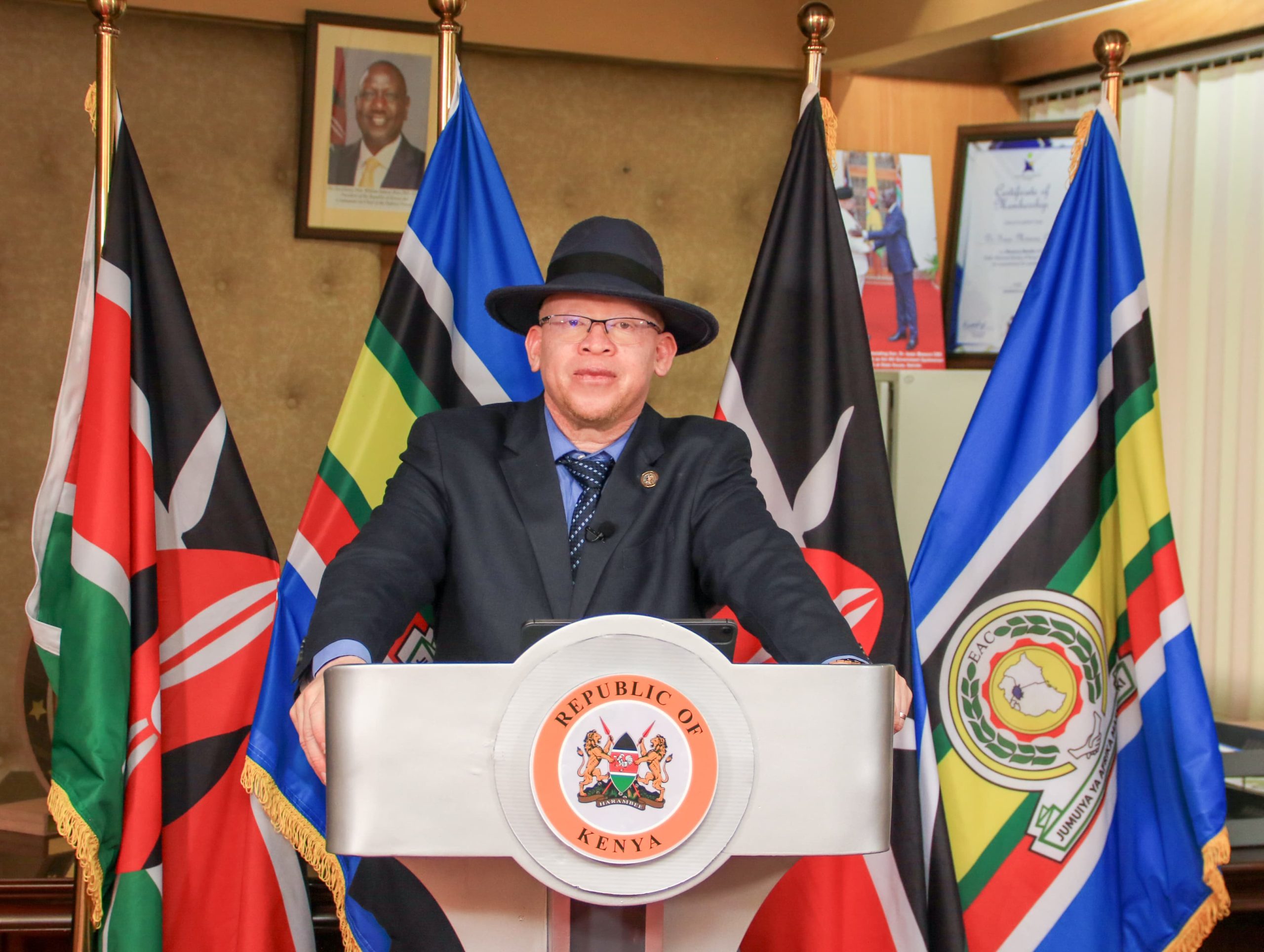Steve Sabai
The Kenyan government has announced substantial progress in reducing the cost of living, a core goal under President William Ruto’s Bottom-Up Economic Transformation Agenda, commonly known as the BETA Plan. Through targeted initiatives across critical sectors, the administration brings down prices and improves economic stability for millions of Kenyans.

Under the leadership of President Ruto, the government has implemented decisive actions to ease the cost of living, with recent economic indicators highlighting positive changes. Notably, fuel prices have fallen without subsidies, bringing immediate relief to consumers and small business owners. In Kisumu, John Odongo, a boda boda operator, shared that his daily fuel costs have dropped, allowing him to save up to KSh 200 each day. These extra savings have enabled him to allocate more funds for his children’s school fees while offering affordable transport options to his customers—a benefit that supports the local economy as residents can now access essential services more affordable.
The government’s focus on affordable food prices has also started to bear fruit. A national fertilizer subsidy program has boosted farm productivity, with farmers reporting increased yields that have, in turn, lowered the cost of staple foods such as maize and beans. Consumers are seeing reduced prices on basic commodities like unga, which now sells at approximately KSh 100, sugar at KSh 120, and cooking oil at KSh 200 per liter. In the face of global economic pressures, the Kenyan shilling has also stabilized, now standing at KSh 130 to the dollar compared to KSh 162 at the year’s start. This stability provides a crucial cushion for importers, who can now manage their budgets more effectively, and it has helped contain inflation, which has dropped to 3.6%—the lowest level since 2012.
Kenya’s corporate sector is experiencing a revival, with major firms now on a profitable path after years of financial challenges. Kenya Power and Lighting Company recently announced a net profit of KSh 30 billion, fueled by a 21% increase in electricity sales and a decrease in finance costs due to the strengthened shilling. Similarly, Kenya Airways reported a profit of KSh 513 million for the first half of 2024, marking a significant turnaround from last year’s losses. KenGen has also seen an impressive 35% increase in profits, driven by its geothermal and hydroelectric ventures.
The government’s emphasis on Public-Private Partnerships (PPPs) is reshaping Kenya’s infrastructure landscape, demonstrating a commitment to innovative financing methods. Recent PPP projects, such as the Nairobi Expressway and the Ruiru Affordable Housing Project, have illustrated how collaborative approaches can drive development without burdening public resources. A notable upcoming venture is the Adani JKIA expansion project, valued at KSh 270 billion, which will address Jomo Kenyatta International Airport’s pressing capacity needs, helping position Kenya as a stronger hub for international travel.
In the health sector, the transition to the Social Health Insurance Fund (SHIF) has reached a landmark, with over 13 million Kenyans now enrolled under the Social Health Authority (SHA). This new system is a pillar of Kenya’s ambition for Universal Health Coverage, expanding access to quality healthcare while reducing out-of-pocket costs. SHA’s coverage extends across public, private, and faith-based facilities, with specialized support in areas like cancer and renal care. This progress is already benefiting individuals like Stanley Mwiti, a patient at Nakuru Provincial General Hospital who requires regular dialysis sessions. Previously, Mwiti’s treatment costs were only partially covered, but under the SHA’s critical illness coverage, he now receives fully funded dialysis, easing his financial burden and ensuring consistent access to essential care.
Dr. Isaac Mwaura, the government spokesperson, expressed the administration’s ongoing dedication to alleviating financial pressures for Kenyan households and promoting a resilient economy. In his closing remarks, he affirmed the government’s vision for an economically vibrant Kenya where every citizen can thrive, encapsulating the message of unity and patriotism with the call: “Kenya itainuka, Kenya Itasimama, Kenya Itanawiri.”





